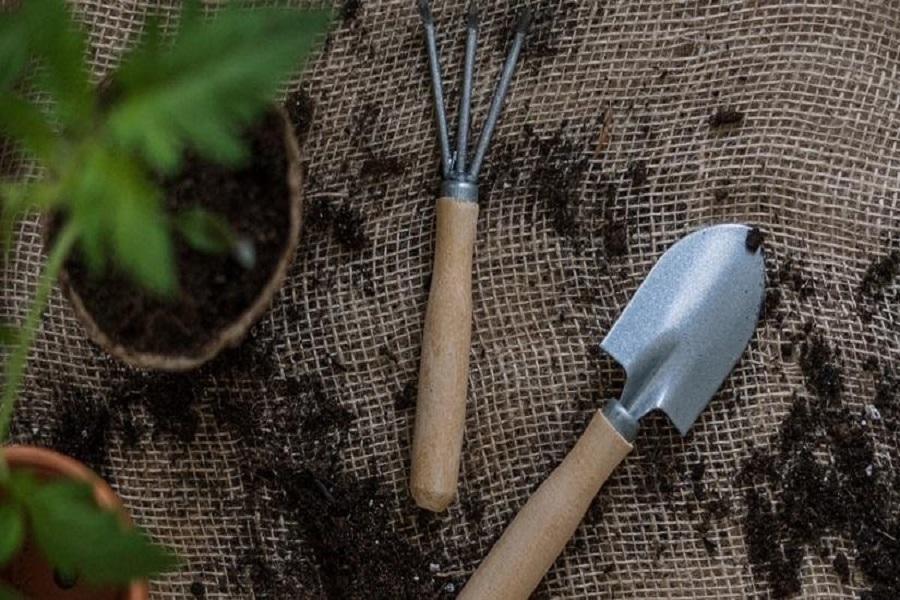
Follow us Now on Telegram ! Get daily 10 - 12 Interesting Updates. Join our Telegram Channel https://t.me/OhWomen
Download Telegram App before Joining the Channel
According to studies, vegan diets often have much smaller ecological, water, and carbon footprints than meat-eating diets. Now is a great opportunity to start transitioning to a plant-based lifestyle for prosperity and the earth at a time when the globe is going through a significant transformation in eating habits.
While you would believe that a plant-based diet severely restricts all the high-protein sources, there are still many types of protein that vegans can eat. Several Indian staples use a variety of protein sources. All the elements you require, including protein, may be obtained from a well-planned plant-based diet. A diet with a higher protein content can encourage muscle strength, satiety, and weight loss. Protein is a good source of many vitamins and minerals, including zinc and B vitamins.
You can choose to adopt a plant-based diet by including the below-listed supreme proteins sources in your Indian plate:
Almonds
Eating soaked almonds first thing in the morning is one of the oldest rituals followed in almost every Indian household. Almonds are also consumed raw or roasted and also make for nutrient-rich snacks and in various Indian recipes. Almonds are also easy and quick to flavour and season and they pair well with just about any Indian masala/spices. They are a rich source of protein and are known to provide a variety of health benefits. Scientific studies suggest that the high content of protein in almonds is great for keeping you full due to its satiating properties and helps in your muscles repair after a workout. It is recommended to have a handful of almonds as it might help improve appetite control and lead to reduced caloric intake. They contain 15 key essential nutrients such as vitamin E, magnesium, riboflavin, zinc, etc. As a vegan, you could also choose to add almond milk to your diet. The best part is that almonds are also free of trans fat and rich in healthy monounsaturated fats.
Lentils (Dals)
Lentils, popularly known as 'Dals' is a staple in most Indian homes. There are several types of dals or lentils that are used for cooking on a daily basis in our country and some of them are moong, masoor, urad, chana, arhar, soybean, and rajma. They are easy to prepare and can be paired with roti, rice, idli, dosa, etc. Since they all belong to the legume family, they are rich sources of protein and fiber and can provide the much-required nutrition. They provide many essential amino acids to the human body; however, they need to be consumed in combination with cereals to obtain all the essential amino acids.
Seitan
Another popular option for those going vegan is seitan, a vegan meat substitute made from vital wheat gluten. It is entirely free of any soy content. In fact, its look and texture are strikingly similar to that of actual meat! This is a great boon for meat lovers who have been wanting to convert to a plant-based diet. Seitan is high in protein and low in calories, which may even aid weight loss. Additionally, it also contains small quantities of iron, calcium, and phosphorus. It is however, made entirely of wheat gluten, therefore those with a sensitivity to gluten should remain wary of this option.
(Neha Ranglani, Integrative Nutritionist and Health Coach)
IANS